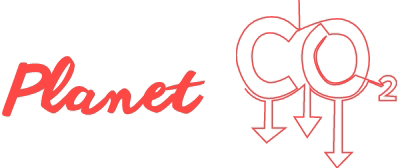PLANET CASE STUDY
Climate Action
Investing in our plants

“This is a timely investment that is paying dividends at the unit in terms of quality, customer satisfaction and reduced environmental impact. It will see the unit's outstanding performance continue for many years.”
Scott Brealey, operations manager – South West/South Coast
Our Parkstone plant in Dorset is benefitting from our investment in a new dryer, which is helping the team to work more effectively and efficiently. The existing dryer was 20 years old and was becoming costly to maintain, so the investment in a new version was needed. There has been a marked improvement in temperature controls, and the faster drying times have also supported with swifter loading of materials for customers.
The new equipment reduces downtime, minimising impacts on our busy collect trade while improving fuel efficiency and emissions. As a result, the carbon footprint will be reduced, and it also enhances the life of the filter bags which are used to minimise dust emissions. Customer feedback has been positive – clients have commented on how the product quality is consistently good and how they have noticed reduced waiting times since the installation. There has been a 36% reduction in gas usage of 3.7 m3 per tonne since the new drier was installed.
